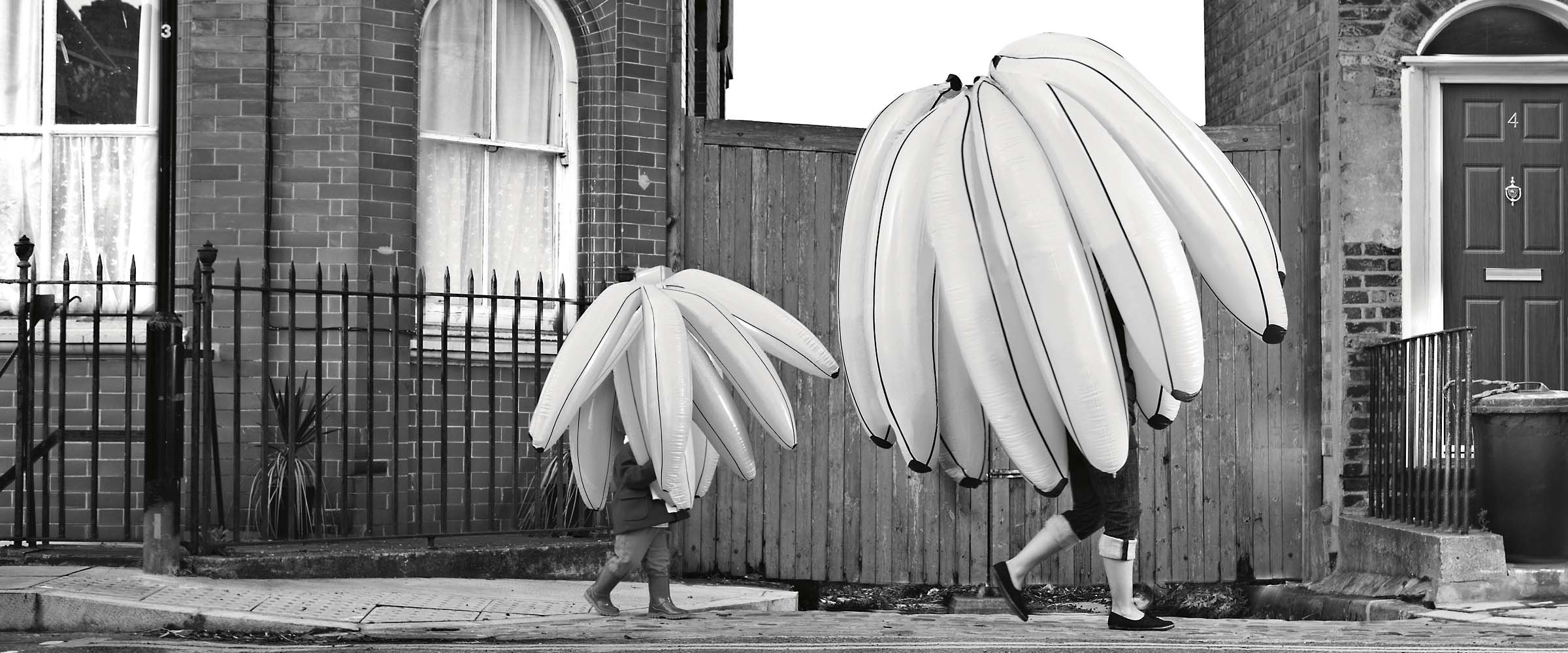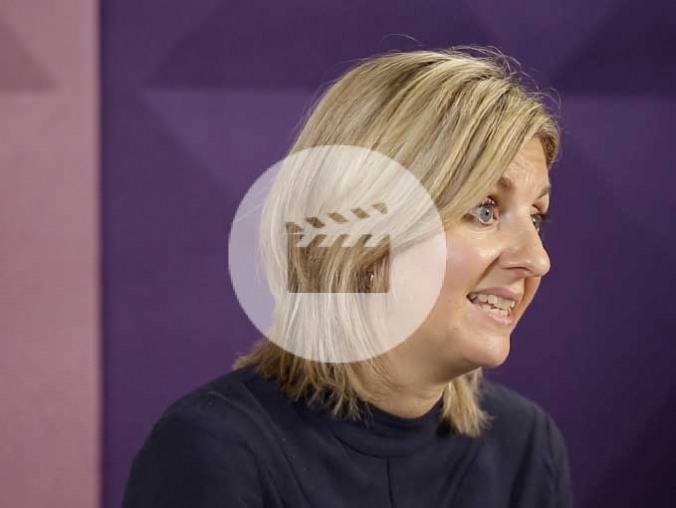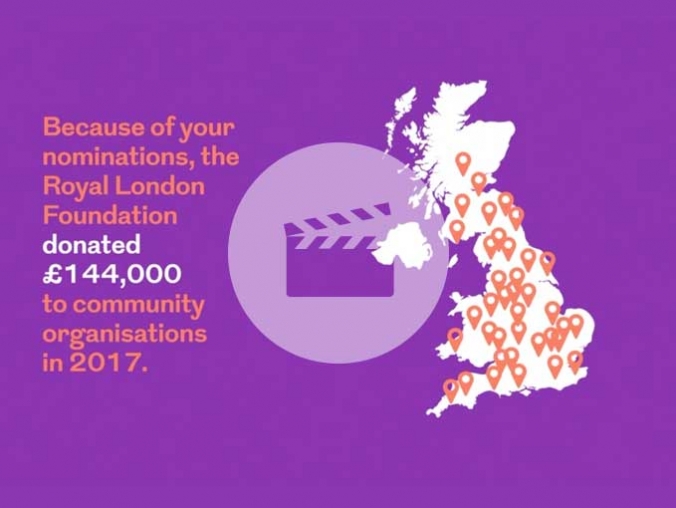

The benefits you might be entitled to
If you are struggling to make ends meet, it is worth checking to see whether you are entitled to any of the many benefits available
No matter how hard you work, sometimes the money you earn simply does not stretch far enough. If you are struggling to make ends meet, it is worth checking whether you are entitled to any help with your income and bills.
Last year the charity Turn2us found that almost half of households on a low income were not claiming the benefits and tax credits to which they could be entitled. You have nothing to lose by checking, so here are some of the main benefits you might be able to apply for:
-
Child Tax Credit
Child Tax Credit is paid to low income families to help with the costs of bringing up a child. The credit is worth up to £2,780 per child per year but, as of 6 April 2017, it will only be paid on the first two children in any family. This new rule only applies to children born on or after this date. Families who were already receiving child tax credit for three or more children born before this date will continue to receive the same amount of credit.
You do not need to be working to claim, and you can continue claiming until 31 August after each child’s 16th birthday, or until their 20th birthday if they are in eligible education or training.
For further information visit: https://www.gov.uk/child-tax-credit/overview
-
Child Benefit
You may be eligible for Child Benefit if you are responsible for a child under the age of 16, or under 20 if they stay in approved education or training. It is paid at the rate of £20.70 for the first child, and £13.70 for each additional frequency.
Only one parent can claim Child Benefit, and you may have to pay a tax charge on the benefit if your or your partner’s individual income is more than £50,000. However, higher earners may still wish to claim in order to protect credits for their state pension.
Find out more about Child Benefit at: https://www.gov.uk/child-benefit/eligibility
-
Housing Benefit
You can apply for Housing Benefit to help with part or all of your rent if you are on a low income and your savings are below a certain level, usually £16,000. There is no set amount – what you receive depends on different factors. These include whether you rent from a private landlord or a council, your income, whether you have a spare bedroom, and whether you share your home with children or someone who is disabled.
Find out more at: https://www.gov.uk/housing-benefit/overview
-
Council Tax Reduction
Council tax bills are based on the value of the property you live in, and the assumption that two adults are using the property as their main home. But if you live alone, or with someone who does not count as a second resident, you may get a 25% single person’s discount.
People who do not count as a second resident include apprentices studying for a recognised qualification, a young person under the age of 25 in approved training, full time students, student nurses, carers, and people who are severely mentally impaired.
You can apply for a council tax discount here: https://www.gov.uk/apply-for-council-tax-discount
If you earn a low income, you may be eligible for reduction of up to 100% of your council tax bill. Each local authority has different criteria for who is eligible to claim this reduction, so check the details on your local authority’s website.
-
Carer’s Allowance
If you are caring for someone for at least 35 hours a week and they receive certain benefits, you may be entitled to Carer’s Allowance, worth £62.10 a week. Receiving this allowance means you will also automatically get National Insurance credits, helping towards your state pension when you retire.
Find out more at: https://www.gov.uk/carers-allowance/overview
-
Budgeting Loans
You may be managing to meet everyday expenses such as food, rent, gas and electricity, but what happens if you face a big one-off cost because your cooker or washing machine breaks down or your children need school uniform?
If you have been on certain benefits for six months or more, you may be eligible for a Budgeting Loan. To get this type of loan you must have been getting either income support, income-based Jobseeker’s Allowance, income-related Employment and Support Allowance or Pension Credit.
You can borrow from £100 to £348 if you are single, up to £464 if you have a partner and up to £812 if you or your partner claim Child Benefit. How much you can get depends on your ability to repay the loan, whether you have savings, and if you already have a Budgeting or Crisis Loan.
Find out more here: https://www.gov.uk/budgeting-help-benefits/how-it-works
Are you eligible?
You can find out more about the benefits and tax credits on offer by contacting your local job centre, Citizens Advice, or by filling in your details on the Turn2us benefits calculator: http://benefits-calculator.turn2us.org.uk/AboutYou
More for you

What happens to your pension money?
Lorna Blyth, Investment Strategy Manager at Royal London, and Trevor Greetham, Head of Multi Asset Investments at Royal London, tell you how they invest your retirement savings to help them grow
MORE
Insight into Work: come and work with us!
Our Insight into Work programme means members and their families can experience work at Royal London. Five of our newest candidates tell us about their time working with us
MORE
Royal London Foundation: supporting your communities
Thanks to your nominations, we’ve been able to provide funding for not-for-profit organisations across the UK. Here are a few stories of those who received support from us
MORE


